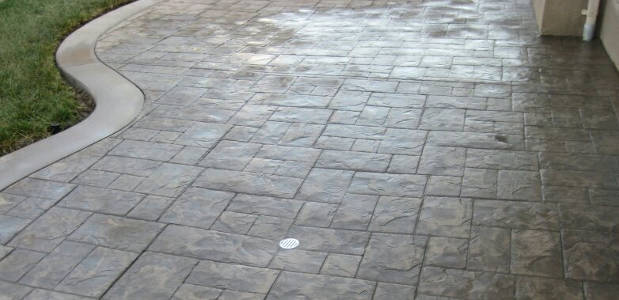
Concrete finishing is revolutionizing the industry. It’s been around about as long as concrete itself, but newer techniques and better tools and machines are making it an even more appealing option for new areas outside and inside your home. Concrete finishing is just like finishing any other material – it’s the process where a raw material is treated to create a desired texture, smoothness, and durability.
Beautifying Concrete
While the process of finishing involves strengthening the material, concrete tends to be more than strong enough for most home improvement projects. For residential applications, concrete finishing is usually focused on creating a decorative surface. Through a multi-step process including leveling, edging, floating, trowelling, and texturing, concrete can be so smooth it’s difficult to identify it as concrete at all. An expert contractor can manipulate it to imitate nearly any other material available. The new motto is becoming: Concrete, the new everything.
The biggest obstacle is educating homeowners. Concrete may not be the best material for every single installation or for every homeowner but, too many people still think of it as that coarse, drab surface of sidewalks and driveways. Countertops and interior flooring are the first surfaces to make headway into this largely untapped potential. Cabinets, bookcases, and furniture are prime candidates to become the new fad in concrete home decor.
Three Options for Concrete Finishing
Coloring and texturing are among the final stages for a visually stunning concrete installation. The following options are far from strict categories. There are dozens of complete systems that use a wide variety of coatings and texturing methods. But the following categories can give you a broad overview of your options and their relative pros and cons.
- Stamping: This finishing method is a common one for new concrete installation. This process uses two layers of a coloring agent and imprinting to create various textures. Stamping is usually the answer for homeowners trying to imitate other materials such as brick or natural stone, with slightly lower costs. Yet, other effects are also possible including distressed leather or more vibrant colors with a freestyle design.
- Staining: This finishing method is rapidly catching on since it works well for pre-existing concrete that remains in relatively good condition. Alternately, you may be able to use staining as part of a concrete overlay to make your old installation like-new again for a very reasonable cost.
- Painting: The cheapest finishing method doesn’t use your basic satin paint, but rather epoxy paint or some other formula specifically designed for concrete applications. Still, painting won’t last nearly as long as staining or more expensive treatments.
Ready to start your Concrete Project?
Find ProsNewer Techniques, Tools, and Machines
Detailed concrete finishing needs to begin as soon as the concrete is poured. Previous obstacles for decorative finishing involved the time-consuming and detailed process of the work. The expertise of an experienced contractor is still an absolute necessity to achieve even modest results. Power trowels, hydraulic concrete breakers, and concrete vibrators not only enable detailed finishing, they also reduce time-intensive labor and, consequently, the final cost of installation.
These improvements allow homeowners to use the extraordinary durability of concrete and achieve the beautiful appearance and texture of other materials for a lower price than most alternatives.
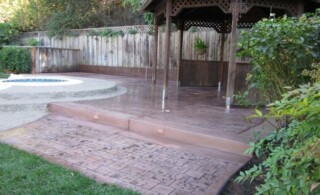 Concrete Cleaning: An Easy Makeover For Your Exterior
Concrete Cleaning: An Easy Makeover For Your Exterior 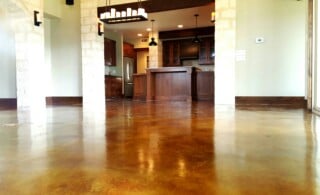 Concrete Flooring – Solid as a Rock
Concrete Flooring – Solid as a Rock 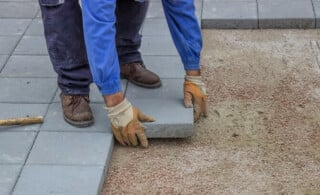 How to Choose a Concrete Contractor
How to Choose a Concrete Contractor 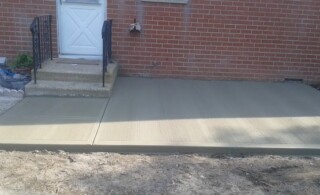 Concrete Mudjacking
Concrete Mudjacking  Explore the Possibilities of Concrete Siding
Explore the Possibilities of Concrete Siding 

Are You Familiar With This Topic? Share Your Experience.